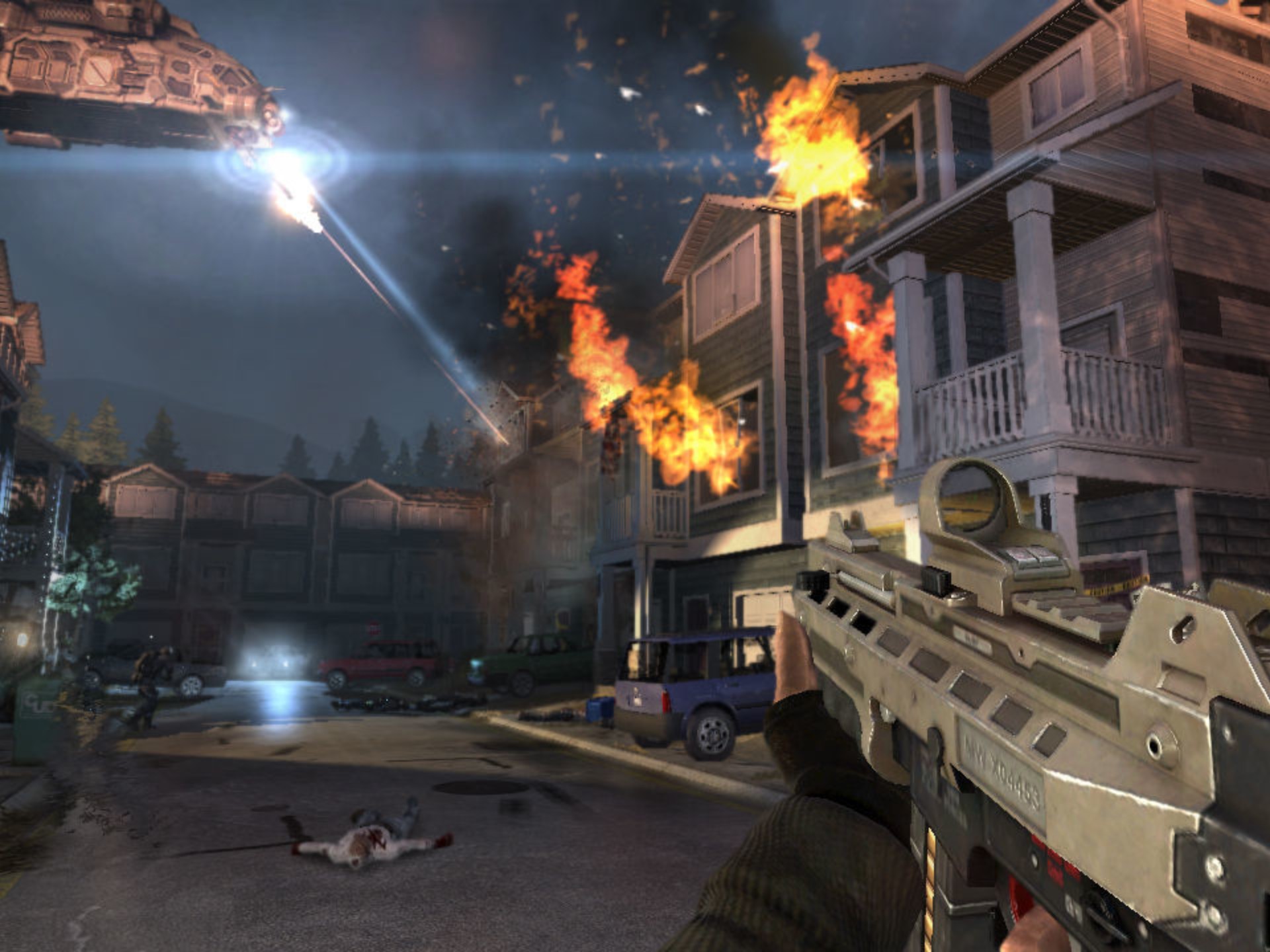Minigames: The Most Unnecessary Addition to Video Games?
Introduction
Video games have evolved significantly over the years, offering immersive storytelling, breathtaking graphics, and complex gameplay mechanics. However, one element that frequently appears in modern games—minigames—has sparked debate among players and critics alike. While some see them as a fun diversion, others argue that they are unnecessary distractions that detract from the core experience.
Are minigames truly valuable, or are they just filler content that developers use to artificially extend playtime? This article explores the role of minigames in gaming, their potential benefits, and why many players consider them the most unnecessary addition to video games.
What Are Minigames?
Minigames are small, self-contained games within a larger video game. They often feature simplified mechanics compared to the main game and can range from card games (Gwent in The Witcher 3) to rhythm-based challenges (Dancing in Yakuza) or even fishing simulations (Stardew Valley).
Some minigames are optional, while others are mandatory for progression. Their purpose varies:
- World-Building – Some minigames enhance immersion by making the game world feel alive (e.g., Red Dead Redemption 2’s poker).
- Reward Systems – Players may earn in-game currency or items by completing them.
- Pacing Breaks – They provide a change of pace from intense action or deep storytelling.
However, despite these potential benefits, minigames often receive criticism for being disruptive, tedious, or poorly designed.
The Case Against Minigames
1. Disrupting Game Flow
One of the biggest complaints about minigames is that they break immersion rather than enhance it. A player deeply engaged in an RPG’s main quest may feel frustrated when forced to stop and play an unrelated card game to progress.
For example, Final Fantasy X’s blitzball was a mandatory minigame that many players disliked because it interrupted the story’s momentum.
2. Poor Execution & Clunky Mechanics
Not all minigames are well-designed. Some feel like afterthoughts—clunky, unpolished, and frustrating.
- Assassin’s Creed Valhalla’s drinking contests and flyting (verbal duels) were criticized for being repetitive and shallow.
- Kingdom Hearts’ gummi ship segments were widely panned for their awkward controls and lack of depth.
When minigames feel like filler content, players question why they were included at all.
3. Artificial Gameplay Extension
Some developers use minigames to pad playtime rather than enrich the experience. Games like Yakuza are filled with dozens of minigames, but many feel like distractions rather than meaningful additions.
While optional minigames can be fun, mandatory ones often feel like unnecessary hurdles.
4. Skill Disparity & Frustration
Minigames sometimes require completely different skills than the main game. A player skilled in combat may struggle with rhythm-based minigames, leading to frustration.

For instance:
- The Legend of Zelda: Breath of the Wild’s motion-control shrine puzzles were divisive due to their awkward implementation.
- Persona 5’s batting cage minigame was criticized for its unintuitive timing mechanics.
When minigames feel unfair or poorly explained, they become more of a chore than a fun diversion.
When Minigames Work
Despite the criticisms, some minigames are beloved and enhance the gaming experience.
1. Well-Integrated & Optional
The best minigames are optional and fit naturally into the game’s world.
- Gwent in The Witcher 3 became so popular that it spawned its own standalone game.
- Red Dead Redemption 2’s poker and dominoes add realism to the Wild West setting.
2. Rewarding & Meaningful
Minigames that offer valuable rewards (unique items, lore, or character development) feel more worthwhile.
- Final Fantasy VII’s Chocobo Racing was tied to unlocking powerful summons.
- Dragon Age: Inquisition’s Wicked Grace card game provided fun character interactions.
3. High Replayability
Minigames with depth and strategy can become a game within a game.
- Triple Triad (Final Fantasy VIII) remains one of the most beloved minigames due to its strategic depth.
- Hearthstone (in WoW) and Caravan (Fallout: New Vegas) offered engaging side content.
Conclusion: Are Minigames Unnecessary?
The answer depends on execution.
- Good minigames enhance immersion, provide fun breaks, and offer meaningful rewards.
- Bad minigames feel like forced padding, disrupt gameplay, and frustrate players.
Developers should ask:
- Does this minigame fit the game’s world?
- Is it fun on its own, or just filler?
- Should it be optional or mandatory?
If minigames are added thoughtfully, they can be a fantastic addition. But if they’re poorly designed or forced, they become the most unnecessary part of a game.
What do you think? Are minigames a fun distraction or an annoying interruption? Let us know in the comments!
Tags: #Gaming #Minigames #GameDesign #VideoGames #Opinion #GamingCommunity


















